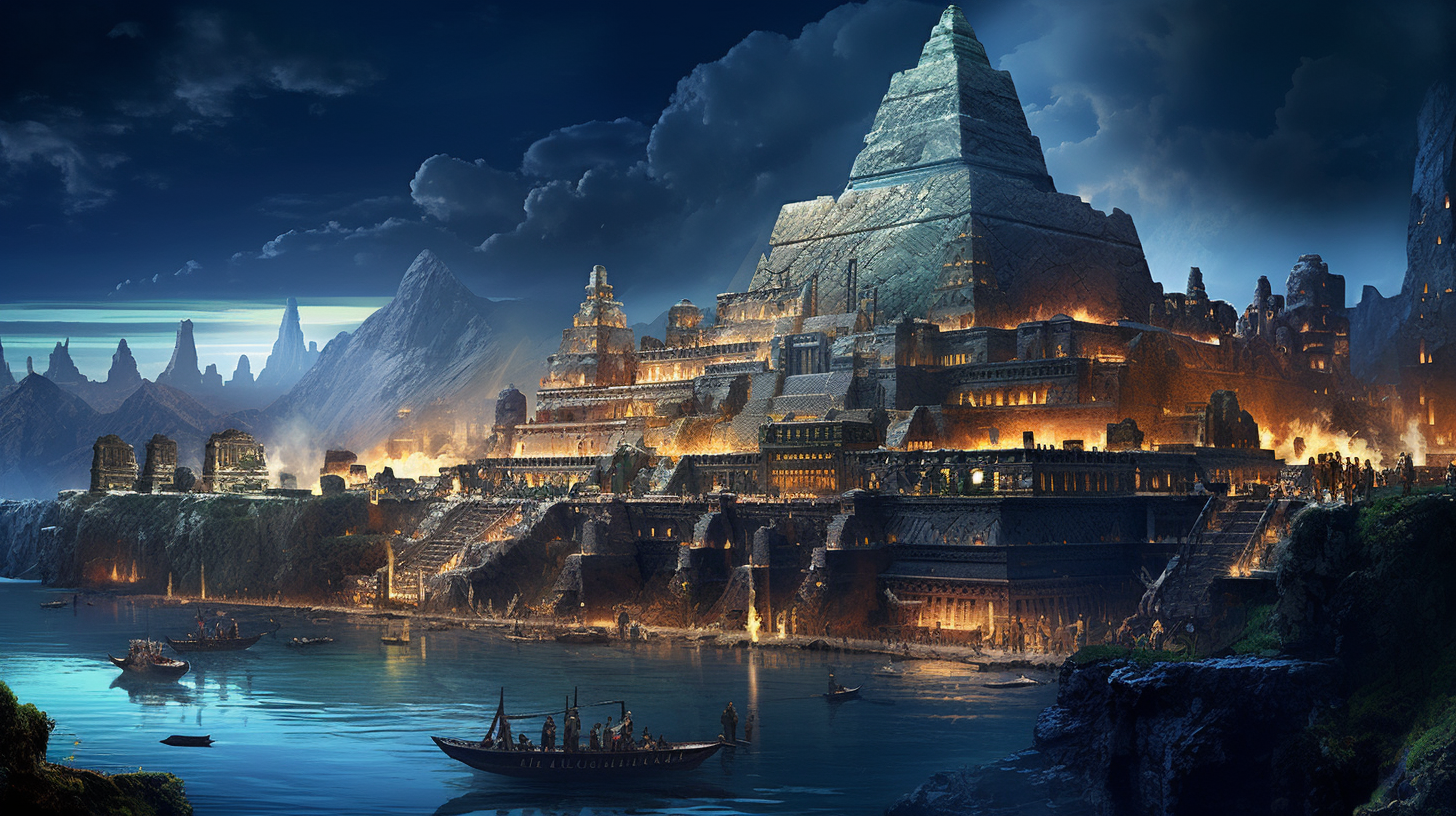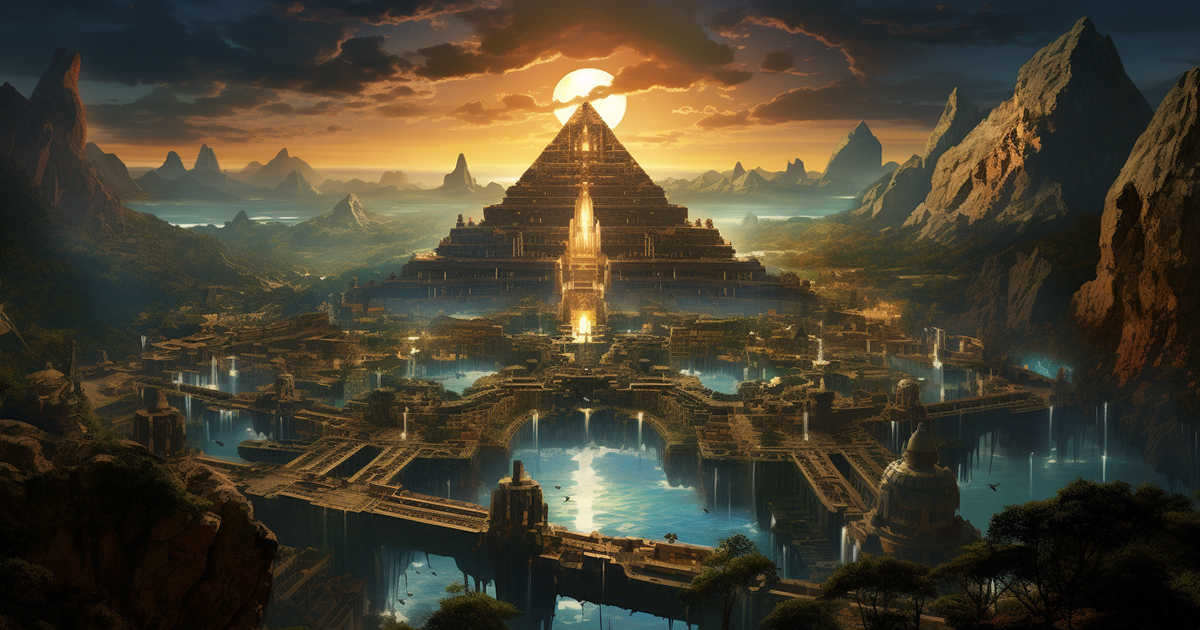An underwater exploration was undertaken in the year 2000 beneath the Mediterranean Sea near Alexandria, Egypt, by a team of divers setting out on a mission. Unbeknownst to them, their journey would lead to the unearthing of a long-lost civilization shrouded in myths and tales. The unearthing of Heracleion, or Thonis, near Alexandria marked the commencement of a series of revelations that would challenge our understanding of ancient societies.
The stories of Heracleion have been passed down through Greek lore and historical accounts for centuries, without tangible proof of its existence until that fateful day in 2000. Dating back to the 7th century BC, Thonis stood as a testament to the lively trade activities in the region during its era.
A similar narrative unfolded in India in 2001. The epic Mahabharata recounted the construction of a grand city named Dwarka by Lord Krishna, previously dismissed as mere folklore. To everyone’s surprise, Dwarka was eventually discovered, validating the idea that myths may contain shreds of reality.

Out of the numerous mythological sites around the globe, one has captivated our collective imagination consistently—the legendary Atlantis. Plato described Atlantis in the 4th century AD as the center of a sophisticated civilization that mysteriously vanished under the sea ages ago. While traditional scholars often disregarded Atlantis as pure fiction, an increasing faction suggests that Plato’s account might have some basis in reality.
The question arises: What if Atlantis, akin to these other mythical locations, were to be revealed? Could it provide evidence of ancient human encounters with extraterrestrial beings?
In February 2017, scientists from the prestigious GNS Science institute in Dunedin, New Zealand, disclosed a startling revelation—a submerged continent that sank millions of years ago. This lost landmass, named Zealandia, extended beneath New Zealand. Remarkably, despite its submergence, Zealandia fulfilled all the conditions of a continent, possessing a distinct crust setting it apart from the neighboring ocean floor and clear separation from Australia.
This revelation sent shockwaves through the scientific community, challenging established beliefs about the count of Earth’s continents. Could this have been another ancient continent where civilizations flourished? If so, it has the potential to revolutionize our understanding of history.
Advocates of ancient astronauts propose an intriguing hypothesis—that Zealandia could be the elusive Atlantis. While certain scientists remain skeptical about ancient chronicles, the burgeoning archaeological evidence necessitates a thorough investigation. These discoveries emphasize that many age-old tales may have real foundations, prompting us to reevaluate our historical outlook.
View the Video:
In conclusion, the exposure of sunken ruins and the rediscovery of ancient cities urge us to keep an open mind. They remind us that even the most fantastical historical narratives could conceal truths awaiting revelation, and that our knowledge boundaries are ever-expanding, illuminating the mysteries of our ancient past.

1 thought on “Embarking on an Extraordinary Expedition: Rediscovering Ancient Civilizations and Continents”
Comments are closed.